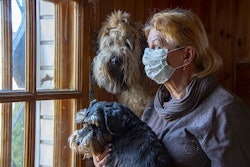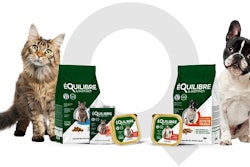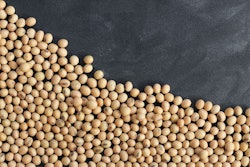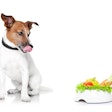
On February 7, 2022, the General Administration of Customs, P.R. China, announced that exported canned pet compound food (wet food), exported pet snacks and other commercially sterilized canned pet food of avian origin will not be affected by avian-related epidemics and will be allowed to be exported to China. This change applies to such exported pet food products going forward.
So far, 19 countries have been approved to export finished pet food products or raw materials to China: Netherlands, France, Belgium, Germany, Denmark, the Czech Republic, Italy, U.S., Canada, Brazil, Argentina, New Zealand, Australia, Austria, Spain, Thailand, Philippines, Uzbekistan and Kyrgyzstan.
Change for pet snacks imported into China, too
In addition to the new policy for avian-origin wet pet food, exported pet snacks do not need to apply for the registered license issued by the Ministry of Agriculture and Rural Affairs.
The official statement from General Administration of Customs, P.R. China, on the new avian-origin policy reads:
Animal derived raw materials of specific products are subject to dynamic restrictions in the list of prohibited animals and their products sourcing from countries and regions where animal epidemics are prevalent (except for commercially sterilized canned pet food of avian origin).
Further, regarding commercial sterilization, the administration specified:
After moderate sterilization, canned food does not contain pathogenic microorganisms or non pathogenic microorganisms that can reproduce in it at normal temperature. Such condition is called commercial sterility.
Feed China Registered License Center offers free evaluation, by specific production processes and formula, of pet food products intended for export into China.
US pet food exports to China up after Phase One agreement
After signing of the U.S.-China Phase One Economic and Trade Agreement in January 2020, pet food exports from the U.S. to China increased 197% in 2020, then doubled over 2020 numbers through November 2021, according to U.S. Census Bureau data analyzed by Gina Tumbarello, American Feed Industry Association director of international policy and trade. Despite the increases, Chinese pet food imports have yet to reach the purchasing commitments set by the nations’ diplomats. For example, U.S. pet food export growth to China from 2019 to 2020 was equivalent to .012% of what China committed to import.
















